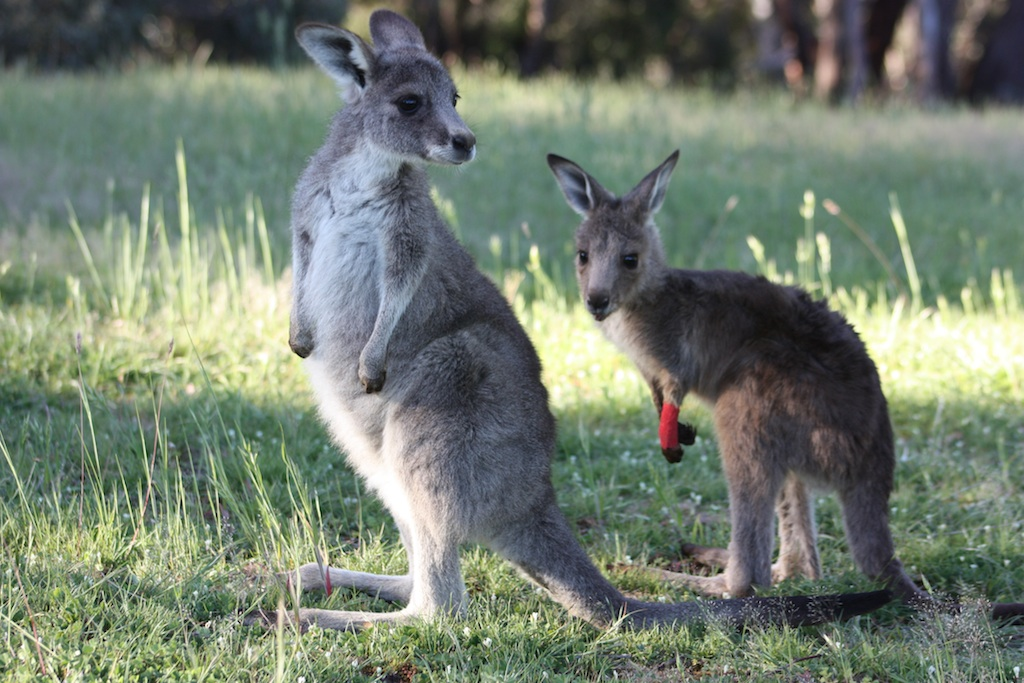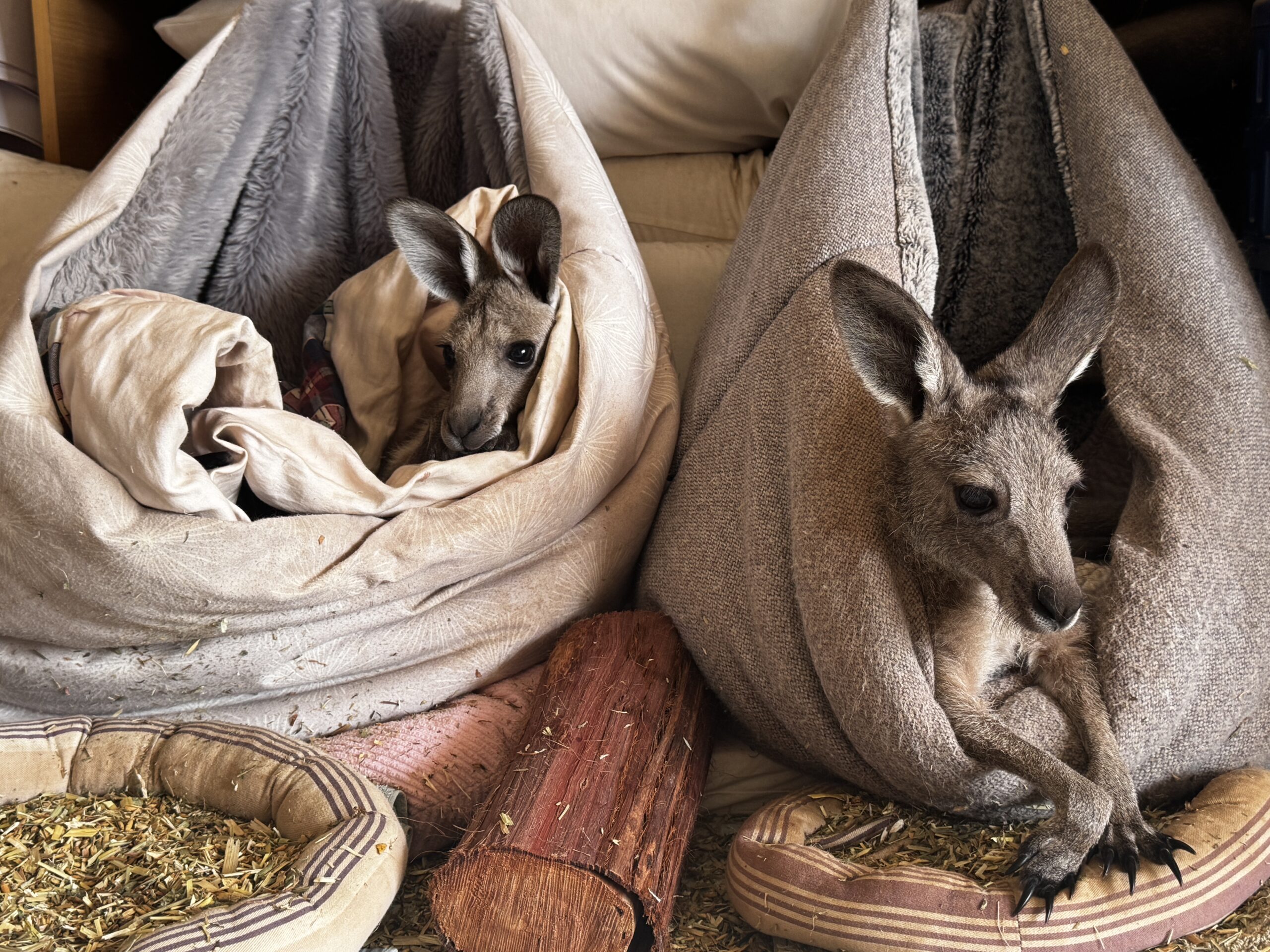Data on NSW licencing reveal the extent of Government-sanctioned destruction of native animals in the state | Conservation groups and wildlife carers to provide evidence of the extent of cruelty at inquiry into licensed killing SYDNEY (5 February, 2026)—Humane World for Animals Australia (previously Humane Society International Australia) will...
All of us at Humane Society International are so grateful for the many calls we are getting from supporters throughout Australia and around the world asking what they can do to help in this horrific fire emergency.
The scale and intensity of these fires is difficult to fathom, with around 7,000,000 hectares (17,300,000 acres) already burnt and more than 500 million animals and counting estimated to have lost their lives so far, with millions more in need of our help.
Australia’s volunteer wildlife carers do it tough at the best of times, but this situation is truly overwhelming and emergency support is urgently required.
Hundreds of HSI’s Australian Wildlife Land Trust members are wildlife carers, and incredibly sadly many have lost everything and are just coming to terms with the devastation—we’re doing all we can to help get them back on their feet.
When it comes to burns there’s no option but to be in it for the long haul, which is why we’ve set up an Emergency Bushfire Fund (hsi.org.au/bushfire) and are offering support to our WLT members and licenced wildlife carers who need assistance.
In addition to the immediate impacts of injured and orphaned animals needing care, HSI is also looking to the future and getting wildlife back into the wild, which is often easier said than done. Specialised rehabilitation enclosures for koalas and other animals are needed as close to the areas they were rescued from as possible, and we are seeking suitable people and locations to build them.
Wildlife such as wombats that have managed to survive fires by escaping down their burrows are emerging to find all of their food and water gone. We’ve been able to get water and food deliveries to wombat sanctuaries to support the animals they have in care as well as those in nearby fire-affected regions, but so much more is needed.
Flying-foxes under extreme heat stress have been literally dropping from trees during heatwaves coinciding with the fires, and with their natural food sources being lost as the fires expand specialist bat carers are being inundated. Many of the animals affected are pups still dependent on their now deceased mothers to survive, meaning that these wildlife carers will be fulfilling that important role for several months—we’re here for the long haul with them.
At this stage we have delivered emergency truckloads of water and supplementary feed to keep koalas, kangaroos, wombats and flying-foxes alive, and no request for assistance is too big or small for consideration.
Tragically hundreds of thousands of farm animals have also been killed as the fires ripped through production zones. The Australian Government has mobilised a team of veterinarians to help with this overwhelming situation, and sections of the Australian Defence Force have been deployed to assist with this serious animal welfare and biosecurity emergency.
We thank everyone who is taking the time to provide aid to animals even while their own lives and property are at risk.
We are so pleased to see that companion animals are being welcomed in evacuation centres, which helps people forced to make the decision to leave their property when it is under threat a little easier.
Our firefighters are working day and night to get these fires under control and are utterly exhausted. We salute them and extend our heartfelt thanks to them and those from New Zealand, the USA and Canada who have joined in the fight.
Erica Martin
CEO, HSI Australia
Erica Martin is the CEO of Humane Society International Australia. Erica joined HSI in 2017 after working for the International Fund for Animal Welfare (IFAW) as the Vice President of Global Communications based in the USA. Prior to that she was the Regional Director for IFAW Asia Pacific, based in Sydney. Erica also has a wealth of experience in government relations having previously worked for the Australian Federal Government as Director of Communications for the then Department of Communications, Information Technology and the Arts in Canberra.


